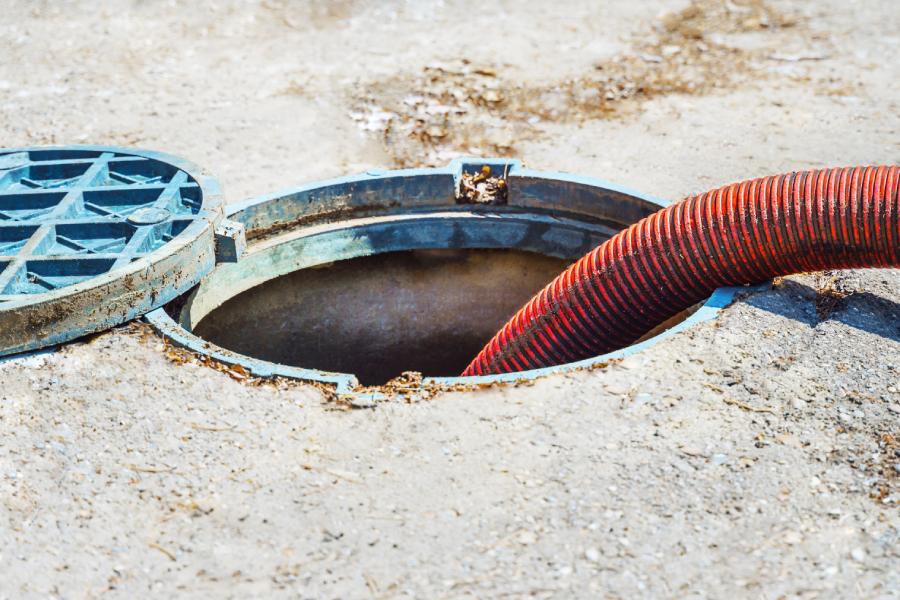In the world of home maintenance, few systems are as crucial yet often overlooked as septic tanks. These underground waste processors quietly manage household waste, relying on a delicate balance of bacteria to function efficiently.
As homeowners become more aware of their septic systems’ importance, many turn to commercial septic tank treatments, promising enhanced performance and reduced maintenance. The market for these products has exploded in recent years, with manufacturers claiming their treatments can solve a myriad of septic issues. But do septic tank treatments really work?
From breaking down stubborn waste to preventing backups, the purported benefits are enticing. However, as with many household products, the line between effective solutions and clever marketing can be blurry.
This article explores septic tank treatments, uncovering their claimed benefits, ingredients, and the science behind their functionality. Through expert opinions and scientific studies, we’ll evaluate these products’ effectiveness and their role in proper septic system maintenance.

Do Septic Tank Treatments Really Work?
Septic tank treatments can help but are not a substitute for regular maintenance. They can boost bacterial activity, improve waste breakdown, and help control odors, but their effectiveness varies. They are best used as part of routine maintenance and cannot fix major issues or reverse existing damage.
So, do septic tank treatments work? The success of these treatments depends on the product used and your system’s condition. While helpful, treatments should complement regular care and pumping, not replace them. Realistic expectations are essential for seeing the best results.
Benefits of Using Septic Tank Treatments
Septic tank treatments enhance the breakdown of organic waste by promoting bacterial activity, either by adding new bacteria or feeding existing ones. This helps reduce sludge buildup, extending the time between pumpings and saving on maintenance costs.
Treatments improve odor control by breaking down odor-causing compounds, keeping your property smelling fresh. They also enhance overall system performance by preventing clogs and improving water flow. This reduces energy use, leading to a more efficient, longer-lasting septic system.
Factors Affecting Treatment Effectiveness
System conditions
The effectiveness of septic tank treatments can be significantly influenced by the conditions of your system. Factors like tank size and age play a crucial role. Larger tanks may require more treatment, while older tanks might respond differently to treatments compared to newer ones. Older tanks may lack active bacteria and could need treatment or replacement.
The material of your tank can also affect how treatments work, with concrete tanks potentially reacting differently than plastic ones. Usage patterns are another important factor. Homes with heavy usage, meaning more people and more waste, might require more frequent treatments. Vacation homes face challenges with waste due to infrequent use that harms bacteria. In these cases, special treatments might be needed to maintain a healthy bacterial balance.
Product quality
The quality of the septic tank treatment you choose can greatly impact its effectiveness. Choosing reputable brands is wise; they prioritize research for better products. Look for treatments with good user reviews and professional recommendations to guide your choice.
While it might be tempting to go for the cheapest option, remember that quality ingredients cost more, and effective treatments are worth the investment.
When it comes to septic tank treatments ingredients, bacterial additives can be very effective as they directly boost the bacterial population in your tank. Enzyme treatments work differently, breaking down waste to feed existing bacteria, which can be a gentler approach for your system. Advanced treatments use various methods like bacteria and enzymes to care for septic systems effectively.
Tips for Choosing and Using Septic Tank Treatments
When selecting a septic tank treatment, consider your specific issues, such as odors or sludge buildup, and choose products accordingly. Factor in your local climate and water usage patterns, and prioritize products with clear ingredients and environmental certifications. Avoid extreme product claims.
For best results, follow dosage instructions carefully — using more than recommended can harm your system. Apply treatments on a consistent schedule, ideally at night, and time them to avoid periods of heavy water use. Seasonal treatments in spring and fall may also help maintain optimal system performance.

Conclusion
Do septic tank treatments really work? Septic tank treatments can be effective tools for maintaining a healthy and efficient septic system when used correctly. While they’re not miracle solutions, they can enhance waste breakdown, control odors, and improve overall system performance.
The key to success lies in choosing the right treatment for your specific needs and using it properly. When selecting a product consider factors like your system’s age, size, and usage patterns.
Remember that treatments work best as part of a comprehensive maintenance routine, including regular pumping and proper waste disposal practices. By knowing the treatment pros and cons, you can make smart decisions to prevent future costly repairs.
For expert guidance from our experts at Septic Tank Installation Riverside, don’t hesitate to contact us today!


